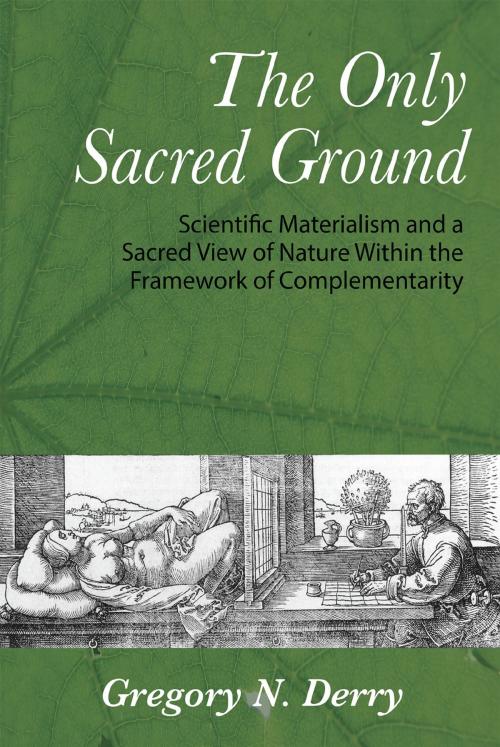The Only Sacred Ground
Scientific Materialism and a Sacred View of Nature Within the Framework of Complementarity
Business & Finance, Marketing & Sales, Consumer Behaviour, Nonfiction, Science & Nature, Science, Physics, General Physics, Nature| Author: | Gregory Derry | ISBN: | 9781627200219 |
| Publisher: | Apprentice House | Publication: | August 25, 2014 |
| Imprint: | Apprentice House | Language: | English |
| Author: | Gregory Derry |
| ISBN: | 9781627200219 |
| Publisher: | Apprentice House |
| Publication: | August 25, 2014 |
| Imprint: | Apprentice House |
| Language: | English |
For the past several centuries, science has been offering us a powerful new way to understand nature, but the accompanying rise of materialistic philosophy threatens to drain the meaning and sacred quality of our experience of nature. The resulting tension represents a fractured and incoherent apprehension of nature on both a personal and a cultural level. In this book, Gregory N. Derry explores this problem and suggests a solution based on complementarity, a logical framework that demonstrates the compatibility of apparently contradictory propositions by showing them to be grounded in mutually exclusive domains of knowledge. Complementarity was famously employed by Niels Bohr in his quest to interpret quantum mechanics. Here, Prof. Derry extends and generalizes Bohr's epistemological approach so that it becomes applicable to problems beyond the scope of empirical science, and he uses this generalization of Bohr's complementarity to argue that the truth of scientific materialism in no way implies that nature has no sacred and spiritual dimensions, i.e., nature is both sacred and mundane.
For the past several centuries, science has been offering us a powerful new way to understand nature, but the accompanying rise of materialistic philosophy threatens to drain the meaning and sacred quality of our experience of nature. The resulting tension represents a fractured and incoherent apprehension of nature on both a personal and a cultural level. In this book, Gregory N. Derry explores this problem and suggests a solution based on complementarity, a logical framework that demonstrates the compatibility of apparently contradictory propositions by showing them to be grounded in mutually exclusive domains of knowledge. Complementarity was famously employed by Niels Bohr in his quest to interpret quantum mechanics. Here, Prof. Derry extends and generalizes Bohr's epistemological approach so that it becomes applicable to problems beyond the scope of empirical science, and he uses this generalization of Bohr's complementarity to argue that the truth of scientific materialism in no way implies that nature has no sacred and spiritual dimensions, i.e., nature is both sacred and mundane.















